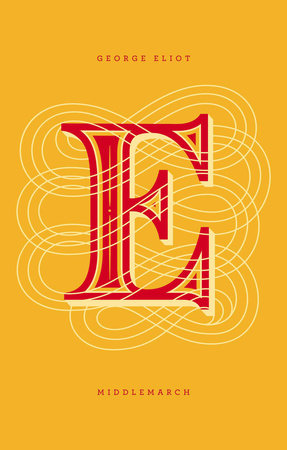
Peter Drucker was known for his refined taste in reading. That’s no surprise for a man primarily known as an author writing about business and other organizations who also wrote two novels. I wrote about his “eclectic reading habits” in my August 23, 2021 blog post “29 Select Books Cited in Peter Drucker’s The Ecological Vision.”
Going through my print archives recently, I found a 1996 copy of the Schwartz Business Books Gazette of Business, Professional and Technical Books, a 30 page glossy publication from the Milwaukee-based bookseller that morphed into 800-CEO-READ and now Porchlight. Sadly, the mastermind behind the company’s role as a business book powerhouse, Jack Covert, passed away at 77 last August. Jack was also known for writing, with coauthor Todd Sattersten, The 100 Best Business Books of All Time: What They Say, Why They Matter, and How They Can Help You. The book has been published in three editions, and lists The Essential Drucker and The Effective Executive among the 100 Best.
The last page of this issue of the Gazette is a curation of lists, “Recommended Readings: What Every Leader Should Read in the Next 18 Months,” from Drucker and 11 other well-known business authors of the time, each recommending five titles. Given how drastically the world has changed since 1996, it’s interesting that so many of the authors are still active and popular, including Ken Blanchard, Sally Helgesen, Jon R. Katzenbach, Richard Leider, Scott (Dilbert) Adams, and Guy Kawasaki.
Most of the individual recommendations are of business/organizational titles, and Drucker’s books are recommended by several: Blanchard listed Managing for Results; Katzenbach cited the then-newly released compilation The Executive in Action; Kawasaki went with The Effective Executive; and James Martin, who was promoting his own newly-released book Cybercorp: The New Business Revolution, recommended Post-Capitalist Society.
Drucker’s own list of five recommendations is the most varied. There are two novels: Pride and Prejudice by Jane Austen; and Middlemarch, by George Eliot (the pen name of Mary Ann Evans). He recommends three nonfiction titles; only one of which is directly business-related, My Years with General Motors, by the former GM Chairman and CEO Alfred P. Sloan Jr.; first published in 1963.
Drucker wrote a new, eight page introduction, “Why My Years With General Motors is Must Reading,” to a 1990 Currency Doubleday paperback edition. Near the end of the introduction, in ‘paraphrasing’ what he called “the main lessons” in the book, Drucker writes, “Finally—and perhaps the most important lesson—the professional manager is a servant. Rank does not confer privilege. It does not give power. It imposes responsibility.” My Years with General Motors is also named one of the 100 Best Business Books by Covert and Sattersten.
The other nonfiction recommendations from Drucker are Philip Woodruff’s The Men Who Ruled India and what is listed as Character Above All: David McCullough on Harry S. Truman. It turns out, however, that the book is actually a collection of essays edited by Robert A. Wilson, Character Above All: Ten Presidents from FDR to George Bush. One of the chapters is McCullough on Truman.
Drucker, in his 839-page magnum opus from 1974, Management: Tasks, Responsibilities, Practices, writes about Woodruff’s book in a footnote on page 404: “The most perceptive book I know on the British in India, Philip Woodruff’s The Men Who Ruled India (two volumes, St. Martin’s Press, 1954), makes the point that the basic failure of the British was their belief in the “philosopher king,” that is, their belief that administration could suffice and could take the place of policy, decision, and direction.”
In Management: Tasks, Responsibilities, Practices, Drucker also writes extensively about General Motors and Sloan, and includes Sloan’s and Woodruff’s books, one after the other on page 817 in the bibliography. The latter also lists Drucker’s 1946 book based on his on-location analysis of General Motors, Concept of the Corporation.
Back to fiction, yet with its grounding in cold hard reality: In “Beyond the Information Revolution,” a 1999 article for The Atlantic, Drucker mentions the influence of the railroad and the Industrial Revolution, and notes parenthetically: “A good account of this can be found in what is surely the best portrayal of the Industrial Revolution’s society in transition, George Eliot’s 1871 novel Middlemarch.”
After I interviewed him via email for “How the guru came to be,” a 1999 piece in USA TODAY marking his 90th birthday, the article contained the following section inspired by a suggestion from my wonderful editor Jacqueline Blais: “In literature, Drucker admires Jane Austen, whose early 19th century novels such as Pride and Prejudice and Sense and Sensibility just don’t make business-reading lists. What Austen novel, Drucker was asked recently, should a manager start with? This was his e-mail response: “Any Jane Austen novel will do, since every Jane Austen heroine is a better manager and executive than any American CEO.”
